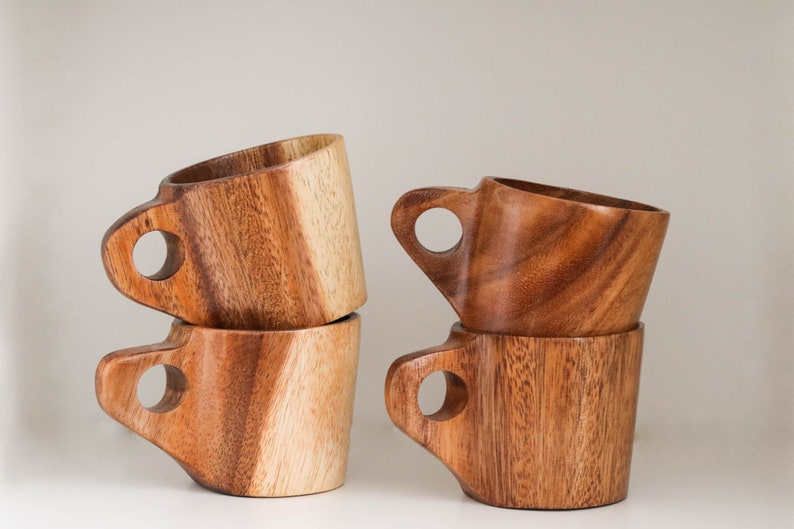News
How Handmade Kitchen Tools Elevate Sustainable Choices
In a world increasingly focused on sustainability and mindful consumerism, handmade kitchen tools are becoming an essential part of shaping eco-conscious choices. Consumers are seeking products that align with their values of durability, ethical production, and environmental responsibility. Handmade items not only meet these needs but also offer the beauty of craftsmanship, ensuring sustainability while enhancing the cooking experience.
1. Reducing Waste and Overproduction
Mass production often leads to waste and overproduction, contributing to environmental damage. Handmade kitchen products, however, are often created in small batches or made-to-order, minimizing waste and reducing the need for industrial-scale manufacturing. Artisans craft each piece with care, using only necessary materials, and many incorporate upcycled resources into their work, helping to decrease overall environmental impact.
2. Sustainable Materials and Craftsmanship
Handmade kitchen items are often made from sustainable materials like teak or apple wood, both of which are known for their durability and eco-friendly properties. Artisans prioritize using natural, renewable materials and low-impact techniques, creating products that support both the planet and the craft. These practices ensure that each product not only lasts but also contributes to a more sustainable way of living.
3. Supporting Local Economies and Fair Trade
Purchasing handmade kitchen tools directly supports artisans and local economies. Each purchase helps sustain traditional crafts and empowers artisans around the world, from local communities to developing countries. Many of these artisans follow fair trade principles, ensuring fair wages and humane working conditions, making these products a choice that aligns with ethical values.
4. Durability and Timeless Design
Handmade kitchen tools are built to last. Crafted with care and attention to detail, they are designed for longevity. Unlike mass-produced items that are often disposable, handmade goods like teak spoons, wooden bowls, and pepper grinders are made to withstand years of use. Their durability helps reduce the need for constant replacements, making them a more sustainable option for eco-conscious consumers.
5. Aesthetic Elegance for Your Kitchen
Each handmade kitchen tool combines functionality with timeless elegance. Smooth, polished surfaces and classic designs make these items not only practical but also beautiful. Their sophisticated yet simple aesthetics bring a sense of tranquility to your kitchen, turning everyday cooking into an experience that celebrates craftsmanship and quality.
6. Mindful Consumerism
Choosing handmade kitchen tools encourages thoughtful purchasing decisions. Rather than succumbing to impulse buying, consumers are more likely to select products that have personal meaning and tell a story. These tools, such as hand-carved wooden spoons and carefully shaped bowls, add a deeper connection to the kitchen, elevating daily cooking routines into more intentional, sustainable practices.
7. Upcycling and Repurposing Materials
Many artisans in the handmade kitchenware space specialize in upcycling materials. Old wood or unused scraps are transformed into beautifully crafted tools, reducing waste and giving new life to materials that would otherwise be discarded. These upcycled products not only contribute to sustainability but also showcase the innovative, creative potential of handmade craftsmanship.
8. Elevating Your Kitchen’s Style and Functionality
Handmade kitchen tools are the perfect blend of form and function. Made from premium woods like teak and apple wood, these products are designed with longevity in mind, all while offering timeless elegance. Their smooth, polished finishes and ergonomic designs ensure a comfortable and pleasant user experience, while their natural materials add warmth and sophistication to any kitchen.
Conclusion
Handmade kitchen products are more than just functional tools—they represent a mindful approach to consumption and sustainability. By choosing handcrafted items made from sustainable materials, consumers can reduce waste, support local artisans, and invest in products designed to last. These products blend craftsmanship, beauty, and eco-consciousness, creating a lasting impact on both the kitchen and the environment.
With their durable materials, timeless appeal, and commitment to sustainability, handmade kitchen tools are the perfect way to elevate your cooking experience while contributing to a greener, more ethical world.

